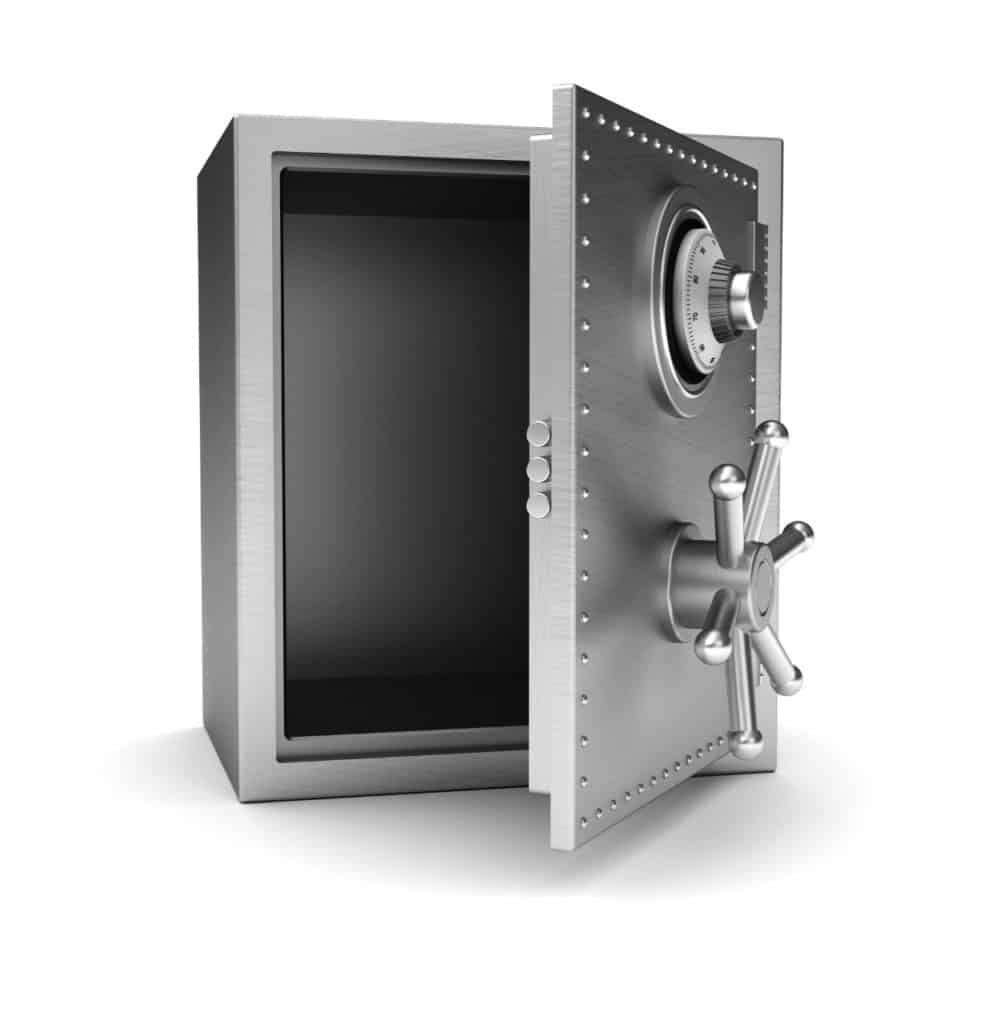Unless you’ve made plans in advance, your loved ones might find themselves in a financial jam after you die. There are many steps you can take now to prevent this from happening. Since none of us knows when this will happen, it’s best not to delay. That’s the advice from a recent article titled “2 Ways to Give Loved Ones Access to Your Bank Accounts After You Die” from Next Avenue.
A bank account only in one person’s name takes time and a significant effort to gain access to, but this can be fixed. You can easily add a child to a bank account by a bank designating a beneficiary form, including checking or money market accounts, CDs (Certificate of Deposits), and others through Payable on Death (POD) accounts. They are sometimes called Transfer on Death or Totten accounts.
Not only will your beneficiaries have access to the funds in these accounts upon your death, but these accounts also don’t go through probate.
However, a few downsides to adding a child by POD forms: First payable on death means once death is proven. If won’t give access to pay for a funeral because proof of dying a death certificate ordinarily comes after the services are done.
Second, if the funds in these accounts are intended for other heirs, there will be no way to retrieve assets if the person on the account does not want to share. That’s something you need to discuss with an estate planning attorney. You may wish to limit the amount of money in your checking account, for instance, so your child can quickly pay for your funeral while keeping most other and more significant assets in a trust for other beneficiaries.
Using a trust avoids probate and protects your wishes for the assets.
When you add a child to your bank account or opening a new one, ask the bank to provide their form to name someone or more than one person as the Payable on Death beneficiary. The withdrawal will still take some effort, as the person will need to provide a death certificate and identification. You could name one child or name all of your children.
Another means of accomplishing this is to create a separate bank account with co-owner status. When owned by married couples, jointly held accounts or co-owner bank accounts also bypass probate and are relatively straightforward.
However, like the downside mentioned above, they can lead to unintended consequences. If the co-owner empties the account, you have problems with legal recourse. The same goes for creditors of the co-owner. Adding a child to the account, or the deed to a house can have unforeseen consequences.
Having a will and discussing how trusts can protect your estate plan is a better way to go. Trusts allow for a great deal of control of your assets while protecting heirs from creditors and can provide protection for grandchildren should a child predecease you.
If you have no will at all and financial accounts have no POD designations or co-owners, your state’s law will determine what happens to your assets, which will all go through probate. Talk with an experienced estate planning attorney to protect yourself and your loved ones.
Reference: Next Avenue (Sep. 29, 2021) “2 Ways to Give Loved Ones Access to Your Bank Accounts After You Die”


